Conditional business lines are those with high requirements for business conditions, often related to areas such as national defense, security, public health, environment, etc. So does tutoring belong to this group?

Students take extra classes after school hours at a tutoring center in Ho Chi Minh City - Photo: NHU HUNG
Putting an industry into the list of conditional businesses aims to ensure that business activities in that industry are strictly controlled, comply with legal regulations and ensure the common interests of society.
Controversial issue
The inclusion of tutoring in the list of conditional business lines is still a controversial issue.
Although there has not been sufficient research on the impact of tutoring on national security in terms of economic scale, mental, physical and intellectual health, human resource development, teaching and learning quality, etc., we can easily see that tutoring really has a huge impact on the whole society.
If we base on criteria that affect social security such as the popularity of the profession, the development of human resources, etc., we will see that tutoring is truly a special profession.
Therefore, adding tutoring to the list of conditional businesses will help better control tutoring centers, prevent the situation of racing for scores, tutoring overload, and putting pressure on students and teachers.
Tutoring service providers need to operate professionally, meet standards of teaching quality, facilities, teaching staff, improve the quality of care services, coordination, and create a healthy and safe learning environment for students. These will contribute to ensuring the quality of education.
Strict and transparent management
When managed as a conditional business category, the management of tutoring activities will be strict. Putting tutoring into the conditional business category will help make information about tutoring service providers transparent, helping parents, students, and teachers easily choose and compare, preventing illegal tutoring activities that do not ensure quality.
Putting tutoring into the list of conditional businesses will reduce inequality and promote tutoring based on the real needs of learners and the ability of service providers to meet them. From there, the role of families, parents, and learners themselves is truly enhanced and becomes decisive when choosing tutoring services.
In particular, adding tutoring to the list of conditional businesses will help distinguish between tutoring and supplementary knowledge activities at schools.
This is important in today's reality, when the boundary between these two activities is ambiguous, causing many schools and educational organizations to not really fulfill their educational role and mission, leading to the abuse of extra tutoring.
Supporting the inclusion of tutoring in the list of conditional businesses raises both the issue of managing the demand for tutoring and the capacity for tutoring.
The subjects of extra teaching are students - most of whom are still under guardianship, not yet independent, not yet autonomous, and cannot clearly identify their need for extra study. The participants in extra teaching also have specific characteristics, when in our country most of them are teachers who are participating in formal education.
Due to its importance and great impact on society and the development of each student, it will not be easy to make transparent the information about the impact of tutoring products to price and determine the quality of services.
At the same time, managing this service is not simple. Therefore, the problem is to determine the agency that manages tutoring services, the solution for tutoring facilities to be transparent in quality and promote the positive effects of tutoring in educational practice.
Real need
After the article "Additional tutoring needs specific regulations" in Tuoi Tre on November 21, many readers expressed their opinions on this matter.
Reader Vo Quoc Trung commented: "Extra classes are a real need, and specific legal regulations need to be issued. Prohibiting teachers from teaching their own students in regular classes (or even students at the school they work at) is to prevent negativity and meet the wishes of parents. If extra classes cause negative reactions, the Ministry of Education and Training needs to review this issue comprehensively."
Reader Toan…@gmail.com also commented: "The need to study extra to work and gain knowledge is precious. Teaching and learning extra needs to be organized and managed at qualified centers (teachers, facilities, environment, tax payment...).
It is necessary to ban widespread extra classes in public schools or organizing tutoring for students at private homes. Public schools need to organize extracurricular activities, social activities... in addition to teaching culture."
Reader An Nhien said: "In my commune, there are some teachers who only give extra lessons to their students, and force them to take extra classes. Students who take extra classes with her will learn the curriculum in advance and know the test questions in advance. Students who do not study, no matter how good they are, cannot get a perfect score from her because many of the questions in the test go beyond the content of the textbook."
Similarly, a reader confided: "In my locality, primary school students attend extra classes everywhere. The children are only in first grade but study all day in class, and at night they go to the teacher's house to take extra classes, with no time to rest. It's really pitiful. We should ban 100% of extra teaching and learning activities at primary school level."
Reader Huy Hoang suggested: "In my opinion, the law must strictly prohibit teachers from giving extra classes outside of school to their own students, which will solve all the problems and long-standing concerns in public opinion."
Source: https://tuoitre.vn/co-nen-xem-mang-day-them-la-kinh-doanh-co-dieu-kien-2024112322342574.htm




![[Photo] Prime Minister Pham Minh Chinh receives CEO of Standard Chartered Group](https://vstatic.vietnam.vn/vietnam/resource/IMAGE/2025/4/2/125507ba412d4ebfb091fa7ddb936b3b)
![[Photo] Prime Minister Pham Minh Chinh receives Deputy Prime Minister of the Republic of Belarus Anatoly Sivak](https://vstatic.vietnam.vn/vietnam/resource/IMAGE/2025/4/2/79cdb685820a45868602e2fa576977a0)
![[Photo] Comrade Khamtay Siphandone - a leader who contributed to fostering Vietnam-Laos relations](https://vstatic.vietnam.vn/vietnam/resource/IMAGE/2025/4/3/3d83ed2d26e2426fabd41862661dfff2)
![[Photo] General Secretary To Lam receives Russian Ambassador to Vietnam](https://vstatic.vietnam.vn/vietnam/resource/IMAGE/2025/4/2/b486192404d54058b15165174ea36c4e)







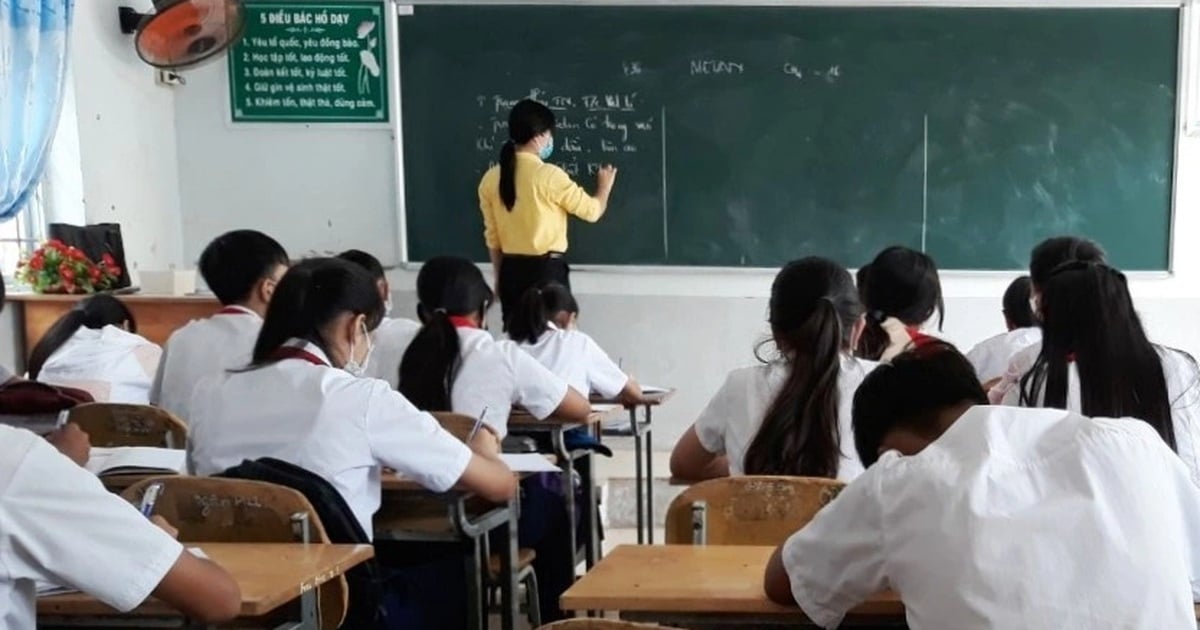
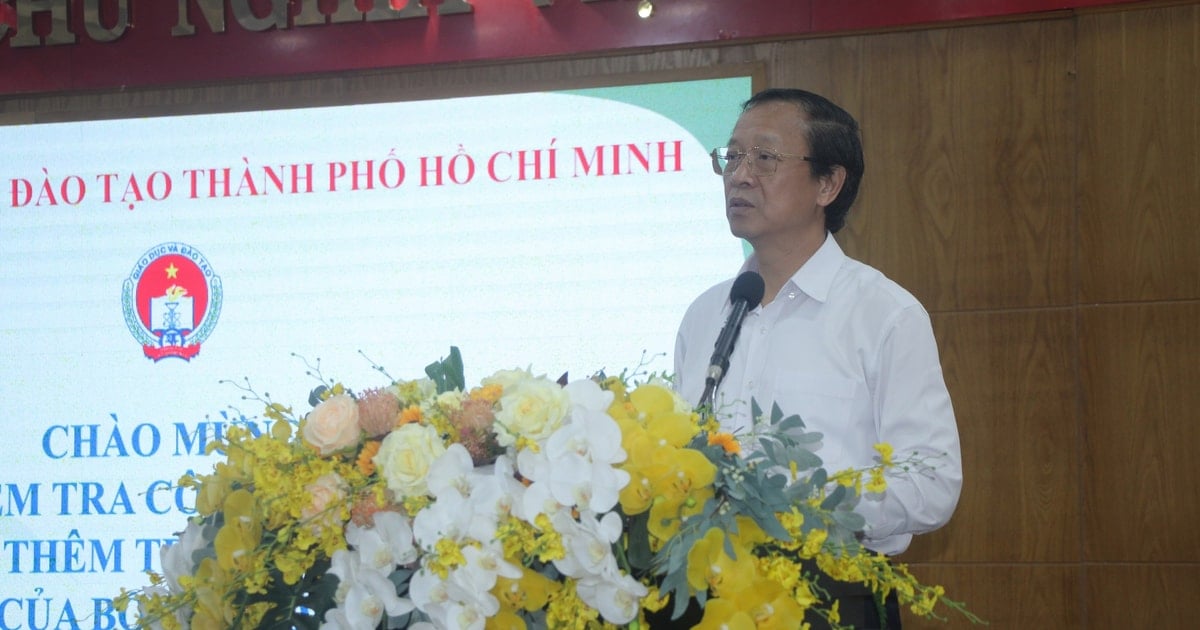




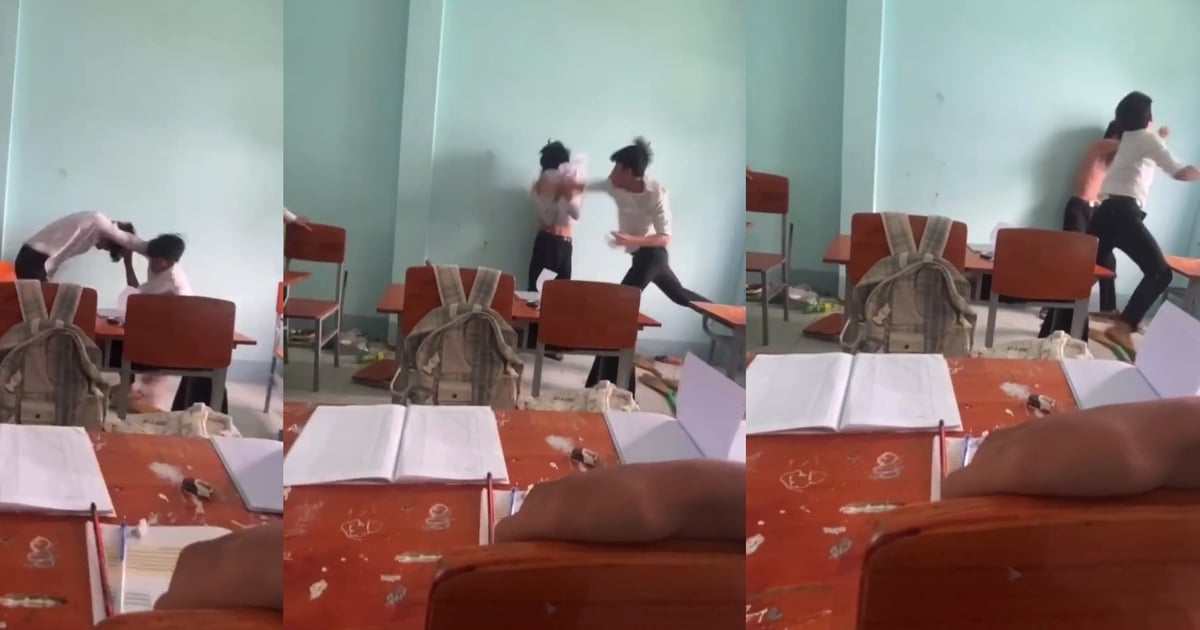
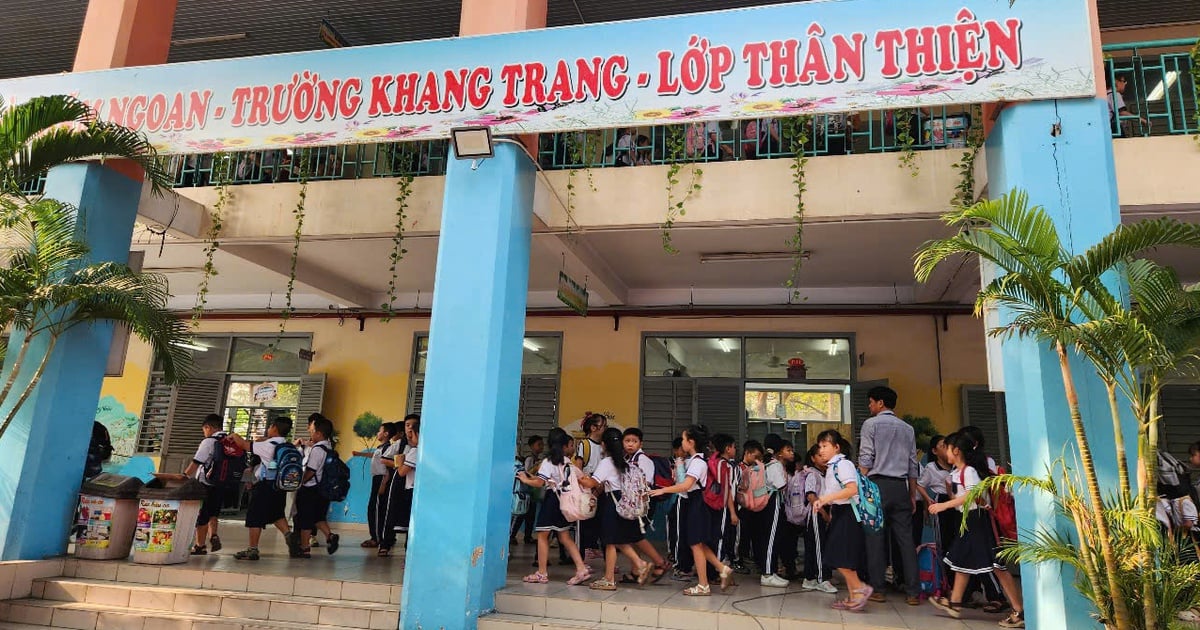
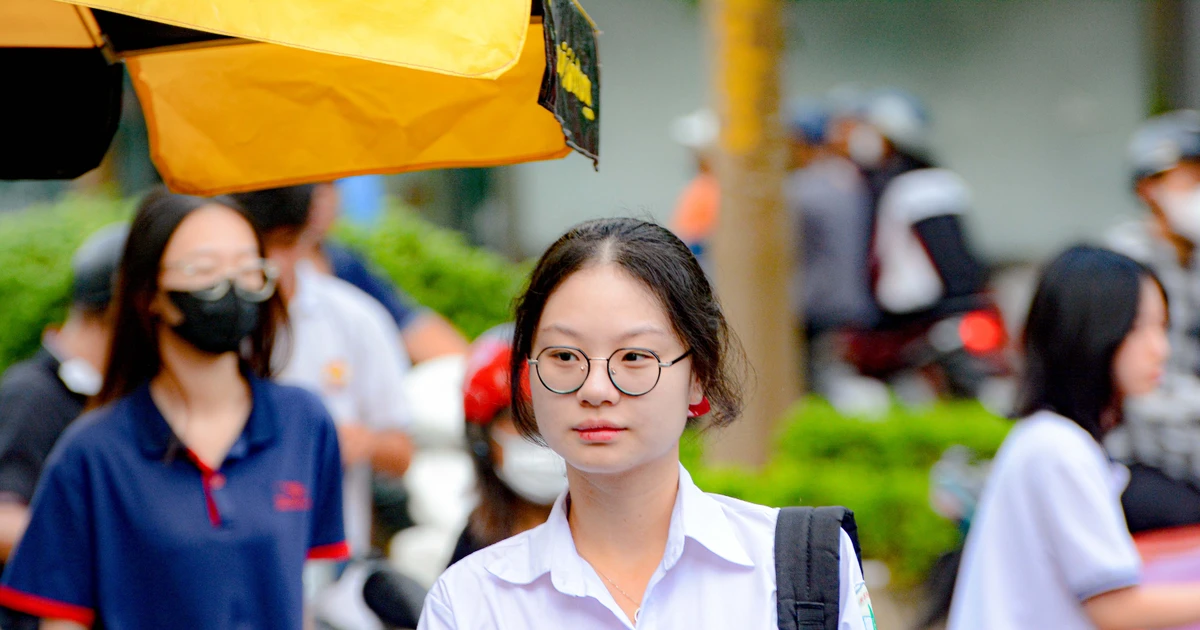










































































Comment (0)